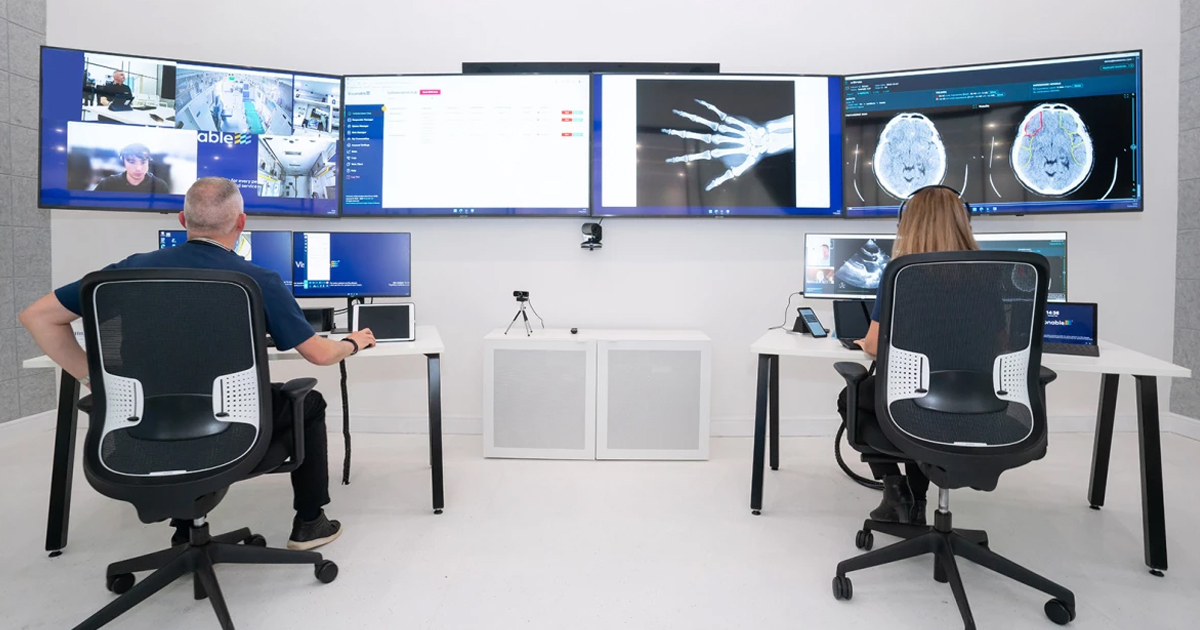A new study published in Nature Communications used multimodal deep learning to assess dementia stemming from Alzheimer's disease.
Every year 10 million new cases of dementia are registered, and most of these are derived from Alzheimer's. Therefore, it is necessary to create and develop new techniques to improve diagnoses with this type of cognitive impairment. The article published in Nature Communications: “Multimodal deep learning for the evaluation of Alzheimer's disease dementia”, explores the development of a deep learning framework for the diagnosis of dementia.
The deep learning model was able to identify people with normal cognition, with mild cognitive impairment and with dementia. The data collected to train this model was derived from routinely collected clinical information, as well as demographic data, medical history, neuropsychological tests, neuroimaging, and functional assessments.
The diagnostic accuracy of the frames was evaluated by comparing them with practicing neurologists and neuroradiologists. The researchers then applied computer vision interpretability methods to show that specific disease patterns had been identified by their models.

In this sense, the models were able to track different patterns of degenerative changes throughout the brain, as well as the presence of neuropathological lesions. "Our work demonstrates methodologies for validating computational predictions against established medical diagnostic standards," the authors explain.
The study presented various machine learning and deep learning models, capable of processing multimodal clinical data, and thus perform differential diagnoses of Alzheimer's. "Importantly, our models are able to work with flexible combinations of imaging and non-imaging data, and their performance generalizes well across multiple datasets presenting a wide range of cognitive states and dementia subtypes," explains Dr. Article.
However, the authors acknowledged the limitations of the study, such as the lack of diagnoses of mixed dementia, since the model identifies by default only the diagnosis of Alzheimer's. In future works, according to the authors, they may include the possibility of classification of multiple labels that favors the diagnosis of mixed dementias.
Check the full study at the following link:






